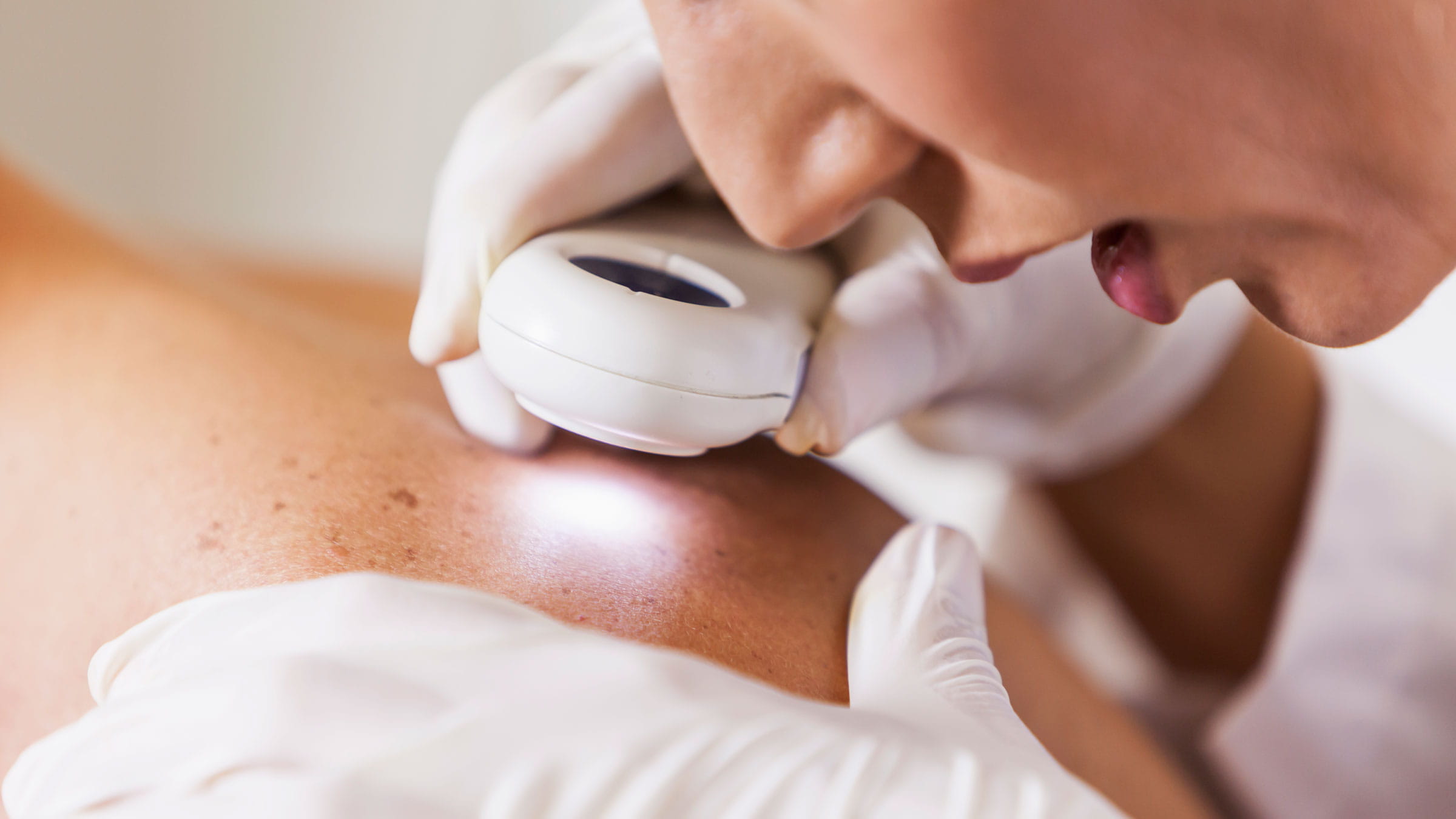
The United States Preventive Services Task Force (USPSTF), a panel of experts that routinely makes standard recommendations for preventive medical care for various population groups, recently updated its recommendation for skin cancer screenings when it comes to adolescents and adults who don’t have skin symptoms.
The USPSTF released a recommendation concluding that “current evidence is insufficient to assess the balance of benefits and harms of visual skin examination by a clinician to screen for skin cancer in [asymptomatic] adolescents and adults.” The task force gave skin screenings in for this group an “I” grade, meaning they didn’t have enough evidence to make a recommendation for or against screenings for this group.
However, skin cancer screenings are still important for many people.
Why skin checks are so vital
Skin cancer is the most common type of cancer diagnosed in the United States. The USPSTF was charged with determining whether everyone without high risk for skin cancer should be screened for skin cancer.
While the task force concluded that more research needs to be done for people without skin cancer risk factors, that statement didn’t include people who do have risk factors. In fact, the USPSTF recommended that people with high risk factors should continue to be screened routinely by their board-certified dermatologists with the goal of early detection and treatment for skin cancer.
Certain types of skin cancer are preventable, and many skin cancers are highly treatable with early detection and appropriate treatment interventions.
Risk factors for skin cancer
You’re at higher risk for skin cancer if you have…
- A personal or family history of skin cancer, particularly melanoma
- A high density of moles
- Prior history of chronic sun exposure, sunburns or tanning bed use
- Changing skin lesions (in color, size, shape or texture) or symptomatic skin lesions (they have pain, itching, scabbing, ulceration, easy bleeding or don’t heal)
- Fair skin, light eyes/hair, skin that freckles or burns easily in the sun
What does skin cancer screening do?
Regular skin cancer screening is a tool to assess changes in your skin that could be concerning. Similar to breast and testicular self-exams, we should all try to do a skin self-exam on a monthly basis. If you’ve noticed skin changes, such as changes in your moles, new skin lesions or other skin symptoms, be sure to follow up with your primary care provider or dermatologist.
The bottom line
Anyone with a personal or family history of skin cancer should have their skin checked regularly, and we all should aim to do a monthly skin self-exam to watch for changes. Don’t delay getting an evaluation of any concerning skin changes just because you assume you’re not at risk for skin cancer or because you think you’re not the right age for a skin screening exam.
And remember: There’s no such thing as a healthy tan. Minimize your time in sunlight and protect your skin from ultraviolet (UV) light. Wear sunscreen on a daily basis and reapply every two to three hours with continuous UV exposure.

Routine visits to a dermatologist can lead to better skin health
Find out how the experts at Ohio State can help.
View services and schedule




